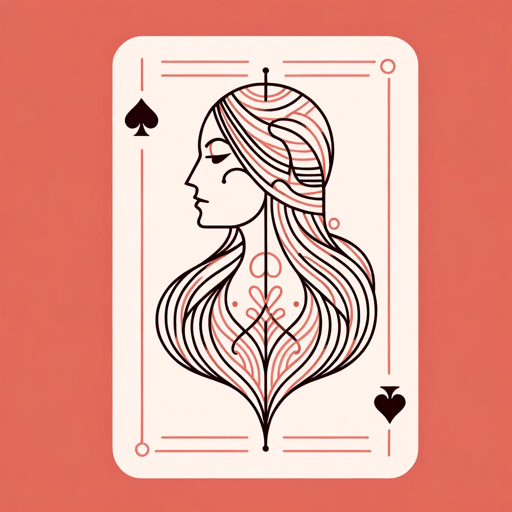45 pages • 1 hour read
Alexander PushkinEugene Onegin
Fiction | Novel/Book in Verse | Adult | Published in 1832A modern alternative to SparkNotes and CliffsNotes, SuperSummary offers high-quality Study Guides with detailed chapter summaries and analysis of major themes, characters, and more.
Themes
Cynicism and Naivety
Onegin’s cynicism is evident from the first verse of the poem, in which he laments his uncle’s inability to simply die. Onegin is tired of caring for his sickly uncle, so much so that he actively wants his uncle to die. Onegin only cares about himself and views everything else with a cynical outlook that makes the world, to him, seem worthless. To Onegin, other people seem self-indulgent and dull, scurrying about on meaningless escapades, spending money, and entertaining themselves while producing nothing. Their lives are cynical expressions of self-indulgence, so much so that these people cannot even recognize the vapidity of their own existences. At the very least, Onegin believes, he is self-aware enough to acknowledge his own cynical self-indulgence. He is desperate for substance in his life, but his cynical view of the world means that he regards any pursuit as being naive and worthless. As such, he hates himself for being just another cynical man in a world that cannot even recognize its own cynicism. He leaves the city for the countryside in the hope that he can find something in which he can invest himself.
Outside of the city, Onegin quickly becomes bored of rural life, until he meets Lensky.
Related Titles
By Alexander Pushkin





